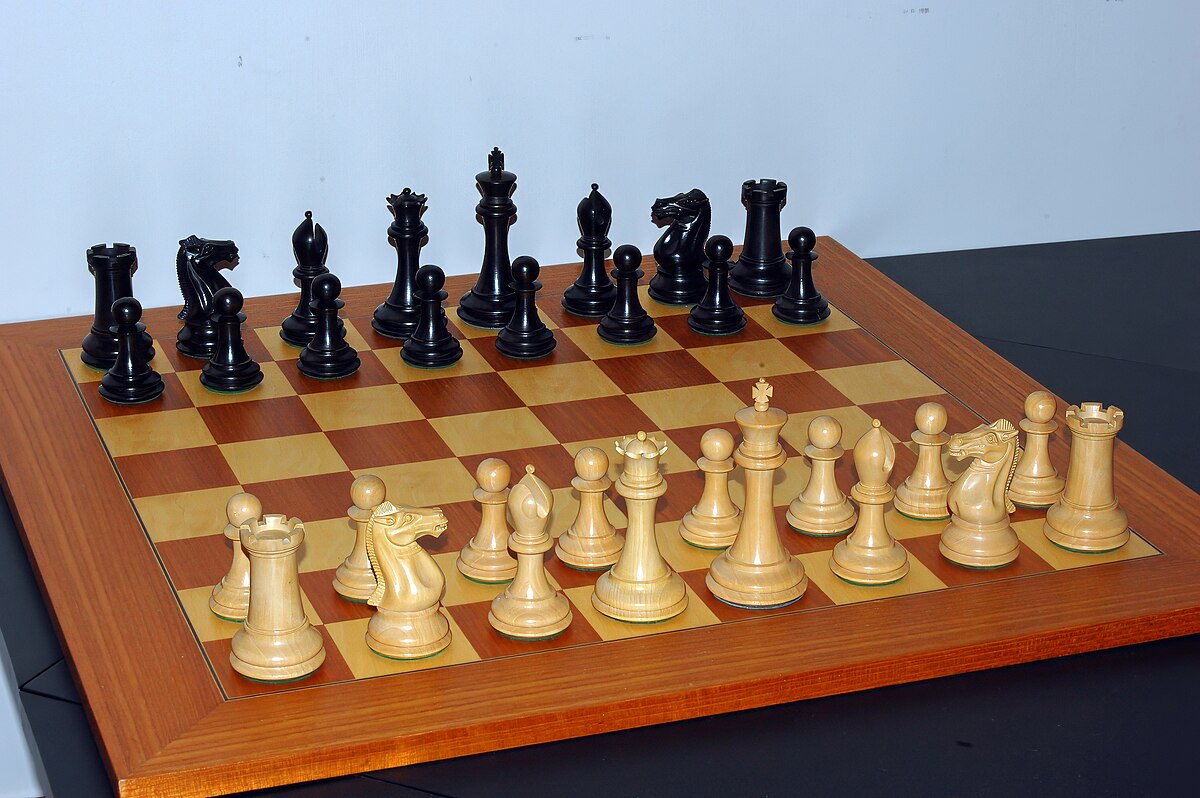The private school my son goes to teaches chess as a subject, and he's quite enthusiastic about it. As a consequence, he's found all sorts of chess related content on the web. By far the best site is Chess.com. The quality of it is stunning. Their chess computer plays at all levels, from novice to expert. Games are analyzed, and no two games are the same. It's like playing against real people.
According to Chess.com, I'm an advanced player. I mostly beat the computer when I'm playing at the least advanced level, and I mostly lose on the most advanced level, so I prefer to play the levels in the middle of this range.
An interesting aspect of chess is the degree to which people misunderstand the nature of it. Those who know little about the game think that it's all about bold moves and risk taking. However, such a strategy ends in disaster when used against a more seasoned player. Chess is not about risk taking, and bold moves must be carefully planned. Rushing pieces into battle ends in massacre.
The next level of understanding is that chess has to do with complexity, and forward thinking. Good players know what the opponent will do, and have everything figured out. But this isn't right either. Most moves are not forced. Players don't know what the opponent will do, and they don't see with clarity what a future position will look like. What they do see are strengths and weaknesses in positions, and they use this insight to remove options from opponents while at the same time expanding their own options.
Good players are patient. Bit by bit, they chip away options from the opponent while looking out for opportunities for themselves. When the opponent is forced to abandon a defensive position, the expert player sweeps in with full force, and there's an impressive display of bold moves. But these bold moves are not the key to their success. They are merely the end result of a carefully executed plan. It was all the patient positioning that allowed for the impressive display of power.
The lesson in this is that success is not a matter of brute force, nor an ability to see clearly what the future holds. It's about positioning. It's about vision and the ability to see how things hang together. That's how we know the difference between opportunities and traps. Patience, understanding and a clear vision are key elements to success both in games of chess and in life in general.
This is in a nutshell what my book on investing, economy and politics is about. This is why I recommend a cautious but firm approach to adversity. The world is full of passion and bold moves, but very little of this ends well, and we're better off tending our positions with the care of an expert player. That way, we'll remain standing when the bold and passionate are wiped out by some random storm that only those with vision were able to predict.
Little by little, we chip away on the positions of our adversaries. Never mind that nothing much happens right away. The pressure is felt soon enough, and it shows up in odd ways that further undermine their position. Their weaknesses become increasingly visible. There will be desperation. At every point, we adjust our position with care and patience until there's a final collapse, at which point we should be able to reap our rewards both in political and economic terms. As it says in the Bible, the meek shall inherit the Earth.
 |
| Chess |
By Bubba73 at English Wikipedia, CC BY-SA 3.0, Link
No comments:
Post a Comment